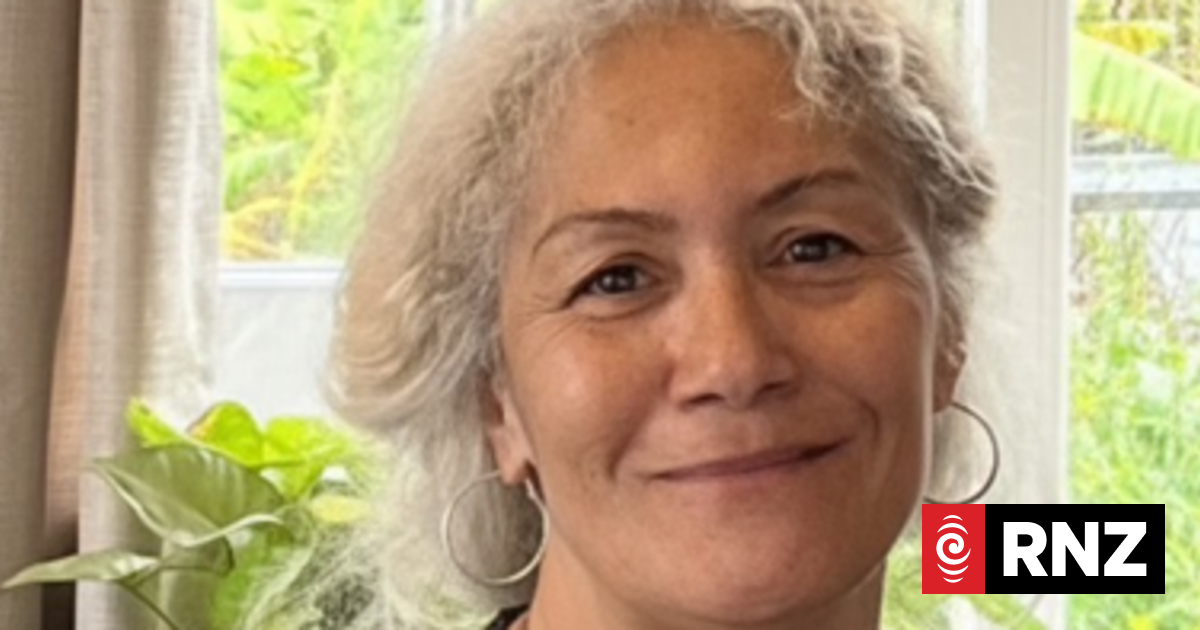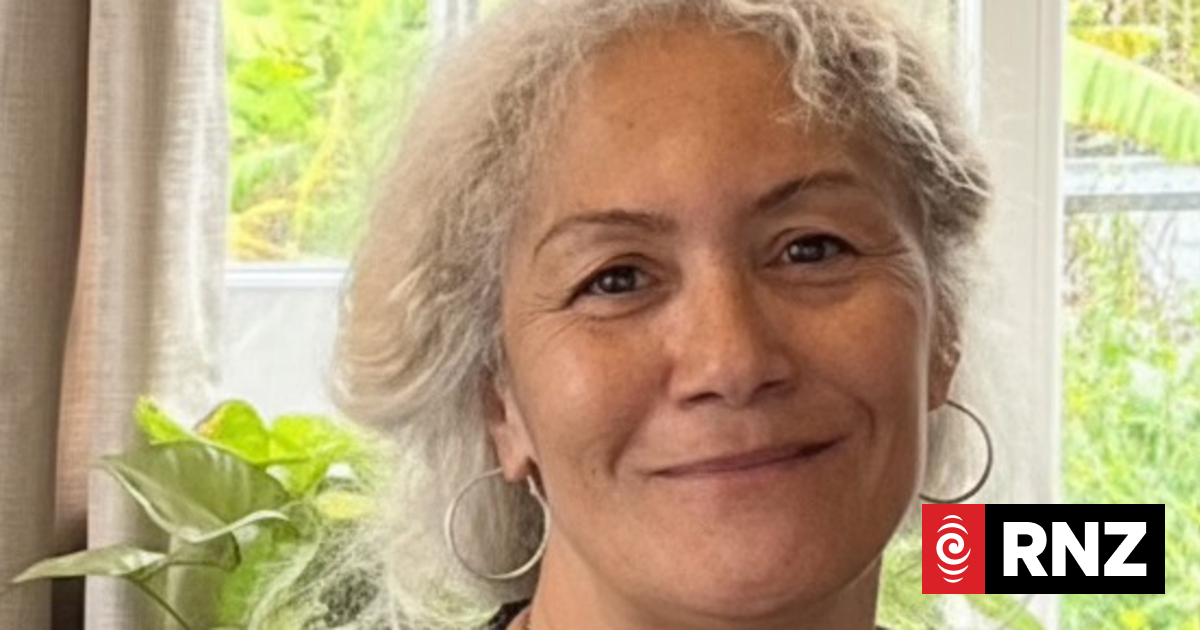Sole parents will now receive child support directly. Photo / 123rf
Sole parent beneficiaries in Northland could pocket an extra $20 a week from August as child support will now be paid directly to them.
The Sole Parent Support benefit is a weekly payment that aids single parents as they study or prepare for part-time work. Receivers have to re-apply each year to continue to get the support.
Just under 4698 Northland caregivers were receiving the sole parent benefit as of March this year, according to Ministry of Social Development (MSD) data.
Usually, sole parents do not receive child support if they are receiving the sole parent benefit. Under the changes, full payment will go to the parent – spread over the space of four to five weeks after the initial payment.
Advertisement
The new payments will be counted as income, meaning the benefit level will see a reduction if child support payments reach over the $160 threshold.
For clients who receive more than $160 child support per week, there is a deduction from their benefit:
- If their income between $160 and $250 per week, their benefit is reduced by 30 cents for each $1 of income.
- If their income is over $250 per week, their benefit is reduced by 70 cents for every $1 of income.
The calculation of child support payments depends upon the care of the child/children (whether there is shared care), both parents’ taxable incomes, the cost of bringing up a child and an allowance for living costs.
Though payments will go directly to sole parents, this is only if the liable parent pays.
Advertisement
Date released under the Official Information Act last year revealed that 30 per cent of eligible parents don’t meet their monthly child support payments.
However, Social Development and Employment Minister Carmel Sepuloni said the amendment could invite some parents to pay.
“International evidence suggests that liable parents are more likely to pay their child support liability if that payment is passed on to directly benefit their children.
“This may mean that more receiving carers will receive child support payments because of the changes to pass on child support,” she said.
Sepuloni said the change “corrected a historic inequity” between people with different relationship statuses receiving a benefit.
She estimates that as many as 41,000 sole-parent families across the country would be better off with a median of $20 a week.
“This means that in an environment with rising costs, these families will have a bit extra to help raise their children,” she said.
/cloudfront-ap-southeast-2.images.arcpublishing.com/nzme/XKMEELRUQVCT3GJNZAJP7R2T7M.jpg)
While the change has been largely hailed as a positive step forward, the mother of a 14-year-old girl felt “disheartened and disadvantaged” with how late it was made.
Despite her disappointment, she maintained the attitude that every little bit still helped.
Another mother felt the changes were complex.
Advertisement
“I don’t really understand why the changes are occurring, to be honest. It was straightforward beforehand. That’s what I was entitled to and that’s what I got. Now everything is all over the place.”
The Salvation Army raised concerns about the bill adding “complexity to an already confusing welfare system” in their submission to Parliament regarding the amendment.
Sepuloni said safeguards were in place to ensure no overpayment or underpayment.
“The information shared between MSD and Inland Revenue will only contain information on child support payments passed on by Inland Revenue. This means that only the amount that is passed on to a receiving carer will be charged as income against their assistance.
“In the case, that payment does not reach the receiving carer, and in other similar situations where the receiving carer cannot access the payment, there are review grounds available to adjust the income charge on their record.”
“In the case of a system or individual error, the amendments ensure that no benefit debt will be established.”
Advertisement
Unfortunately, some families will not benefit from the amendment, though a second phase of law reform will need to be passed to fix more complex payment situations.
Group manager of income for MSD, Shannon Soughtton, said Inland Revenue would pay child support to the client and share this information around the 21st of each month if the paying parent pays on time.
The first payments should be received around August 22.
Brodie Stone is the education and general news reporter at the Advocate. Brodie recently graduated from Massey University and has a special interest in the environment and investigative reporting.




